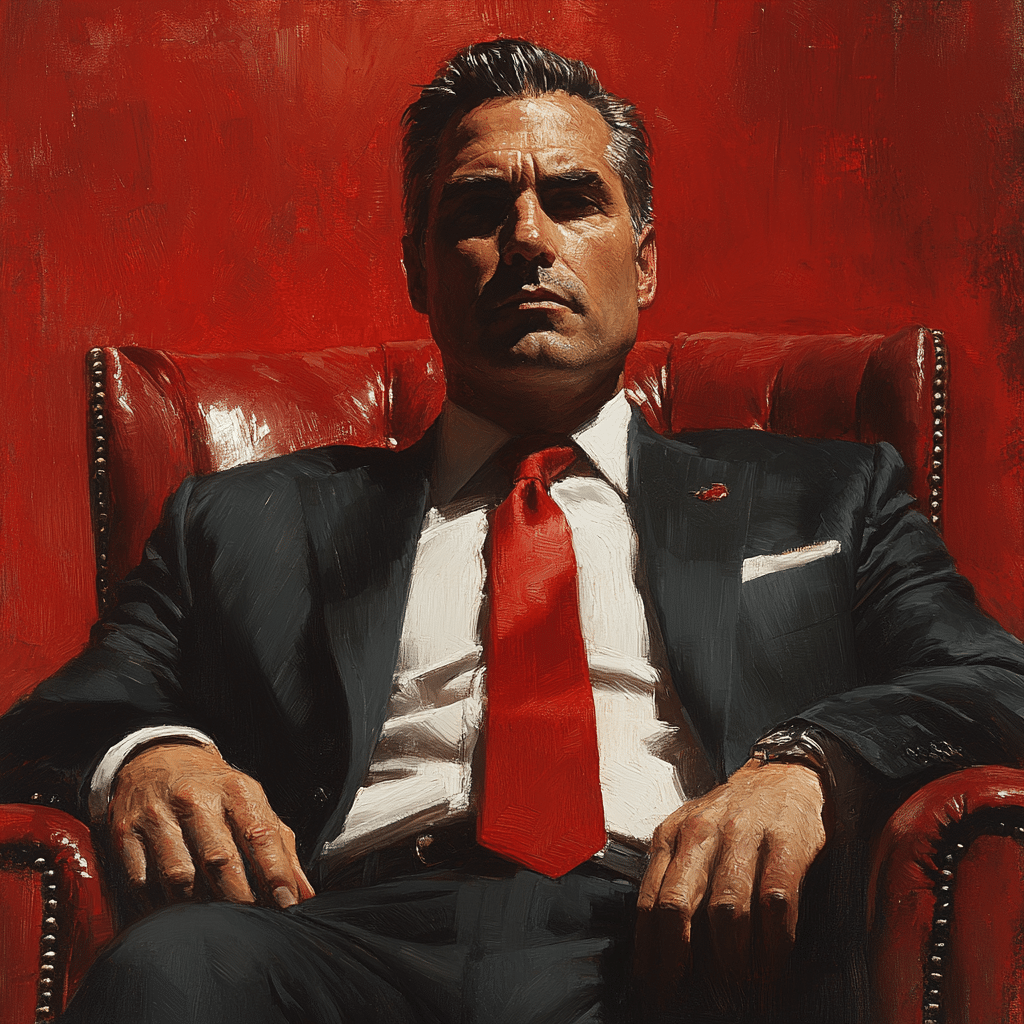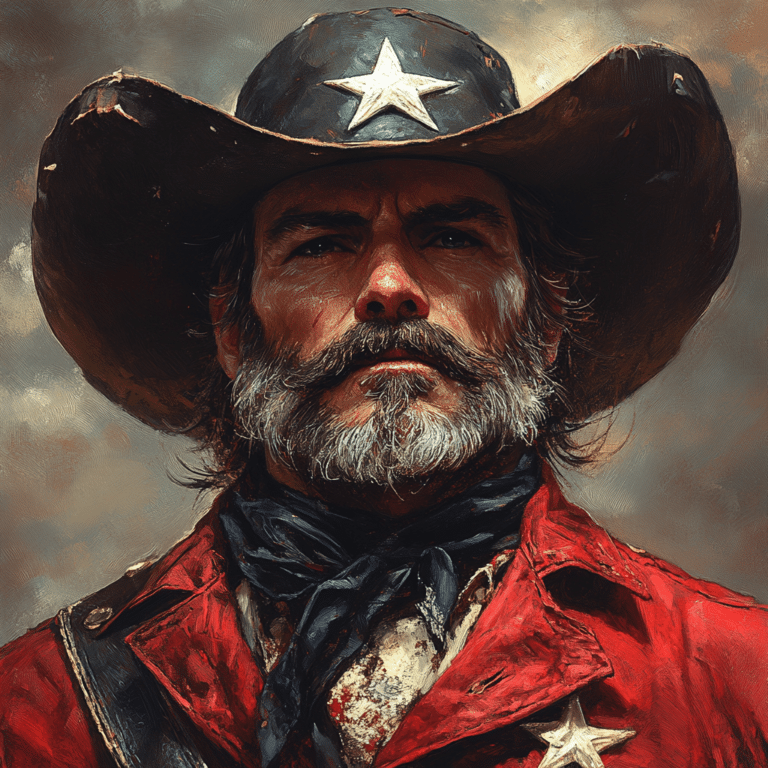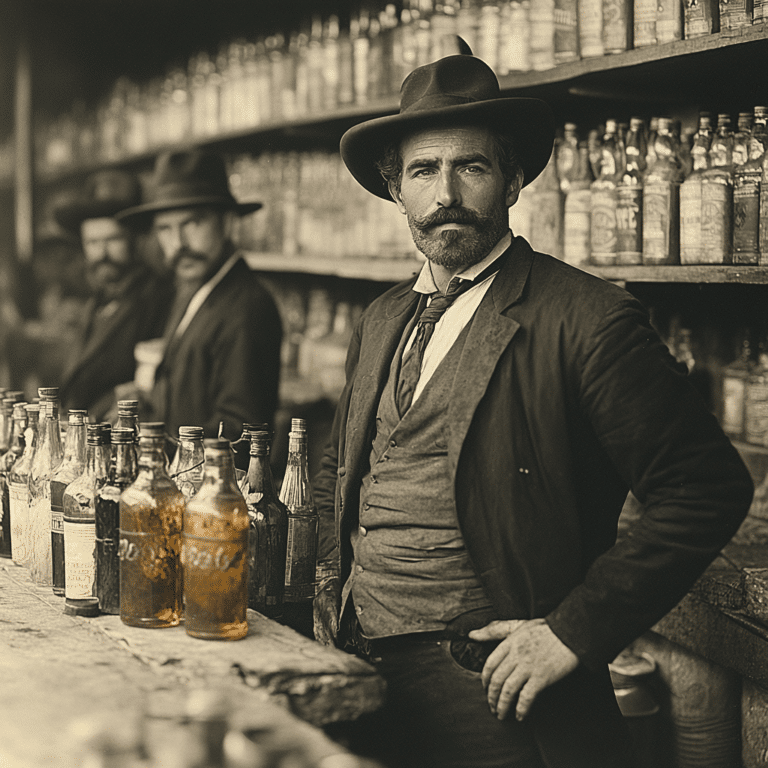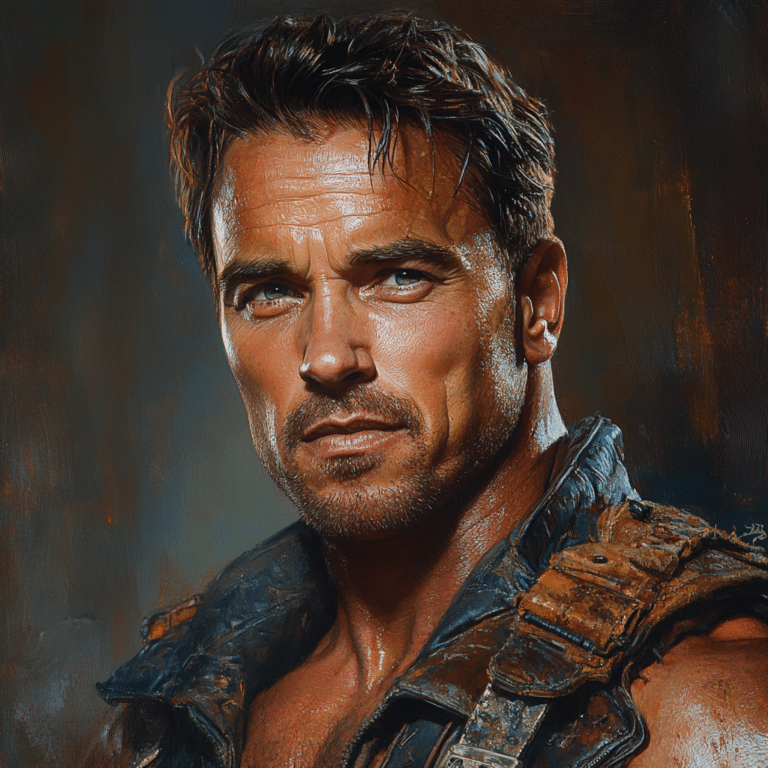John Gotti Jr. is a name that echoes through the halls of organized crime, much like the legacy of his father, John Gotti Sr. Born into a world where loyalty and betrayal dance upon a razor’s edge, Gotti Jr. carved out his path amidst high stakes and heavy expectations. His story is not simply a tale of crime; it’s a deep dive into identity, legacy, and the ongoing challenge of carving out one’s own destiny in the shadow of notorious kin. Understanding John Gotti Jr. requires a close look at the formidable forces that shaped him, both from his family and the unforgiving streets of America.
The Early Years of John Gotti Jr: A Life Shaped by Legacy
From his very first breath on February 15, 1964, John Gotti Jr. was thrust into a world defined by crime and consequence. Growing up in the bustling neighborhoods of the Bronx, he absorbed the intricate dynamics of power, loyalty, and survival that are the hallmarks of organized crime. The intimidating legacy of his father, the infamous boss of the Gambino crime family, painted his childhood with dark hues, instilling a sense of expectation that followed him throughout his life.
As a boy, Gotti Jr. witnessed firsthand the influence and dangers that came with his family’s name. It was a double-edged sword, marking him for greatness and vulnerability. While many sought his favor due to his last name, they also eyed him with suspicion, knowing he carried the weight of his family’s infamous reputation. From early on, he understood the precarious balance between opportunity and peril in the mafia world, a lesson that would shape his ambitions and decisions profoundly.
This upbringing set the stage for a turbulent adulthood filled with highs and lows, as Gotti Jr. grappled with his family’s tumultuous history while trying to assert his own identity. He faced pressures to uphold the family’s honor while also yearning for a life that could somehow break free from the chains of that legacy.

Top 5 Influential Moments in John Gotti Jr’s Life
To fully grasp the narrative of John Gotti Jr., one must examine five seminal moments that have defined his journey:
A watershed moment, the arrest of Gotti Sr. thrust Gotti Jr. into a glaring spotlight. Suddenly, he found himself in a position where he had to step up, navigating a perilous path through the mafia’s hierarchy while dodging the watchful eyes of law enforcement. This was his chance to show what he was made of.
Following his father’s incarceration, Gotti Jr. assumed control over the family’s operations. This role came with significant responsibilities, as he sought to keep the empire thriving under immense pressure from rival families and the FBI. At that moment, the stakes could not have been higher; every misstep could cost not just his reputation but the very fabric of the family’s influence.
Gotti Jr. became a household name due to a series of sensational trials. His ability to evade conviction time and again showcased the vulnerabilities within the American justice system. The media touted him as the “Teflon Don,” further solidifying his controversial public persona during a time when crime, justice, and media were intimately intertwined.
Losing his father was both devastating and clarifying for Gotti Jr. This event forced him to face the reality of his position within the mafia. Now without the guiding force of his father, he had to navigate his legacy and what it meant to flourish—or fail—without that towering figure behind him.
In a dramatic pivot, Gotti Jr. made the shocking decision to distance himself from organized crime. This move signaled a clear desire to find legitimacy beyond the shadows. He turned to media and business ventures, attempting to shape a narrative that could redefine him in the public eye, a brave yet daunting step for any “mafia prince.”
John Gotti Jr: Challenges and Conflicts Within the Mafia
Gotti Jr.’s tenure in the mafia was rife with challenges and intense rivalries. His leadership style often collided with traditional mafia values, causing friction among seasoned members who held tightly to established norms. The tumultuous nature of organized crime isn’t just about the operations but also about maintaining an image—something Gotti Jr. grappled with extensively.
The spotlight of public attention created an almost palpable tension within the organization. Unlike his father, who thrived under the glare of the media, Gotti Jr.’s attempts to craft a public persona often clashed with the secretive nature expected of mafia leadership. He struggled to balance the expectations of his family and associates with the scrutiny from the outside world, leading to challenges that many believed could compromise the family’s integrity.
Moreover, the conflicts within the mafia weren’t solely external. Internally, Gotti Jr. faced intense pressure from a world steeped in betrayal and loyalty tests. Each decision felt magnified under the watchful eyes of not only law enforcement but also rival factions eager to exploit any weaknesses. The stakes were high, and the challenges relentless, painting a stark picture of the tumultuous life that John Gotti Jr. navigated.
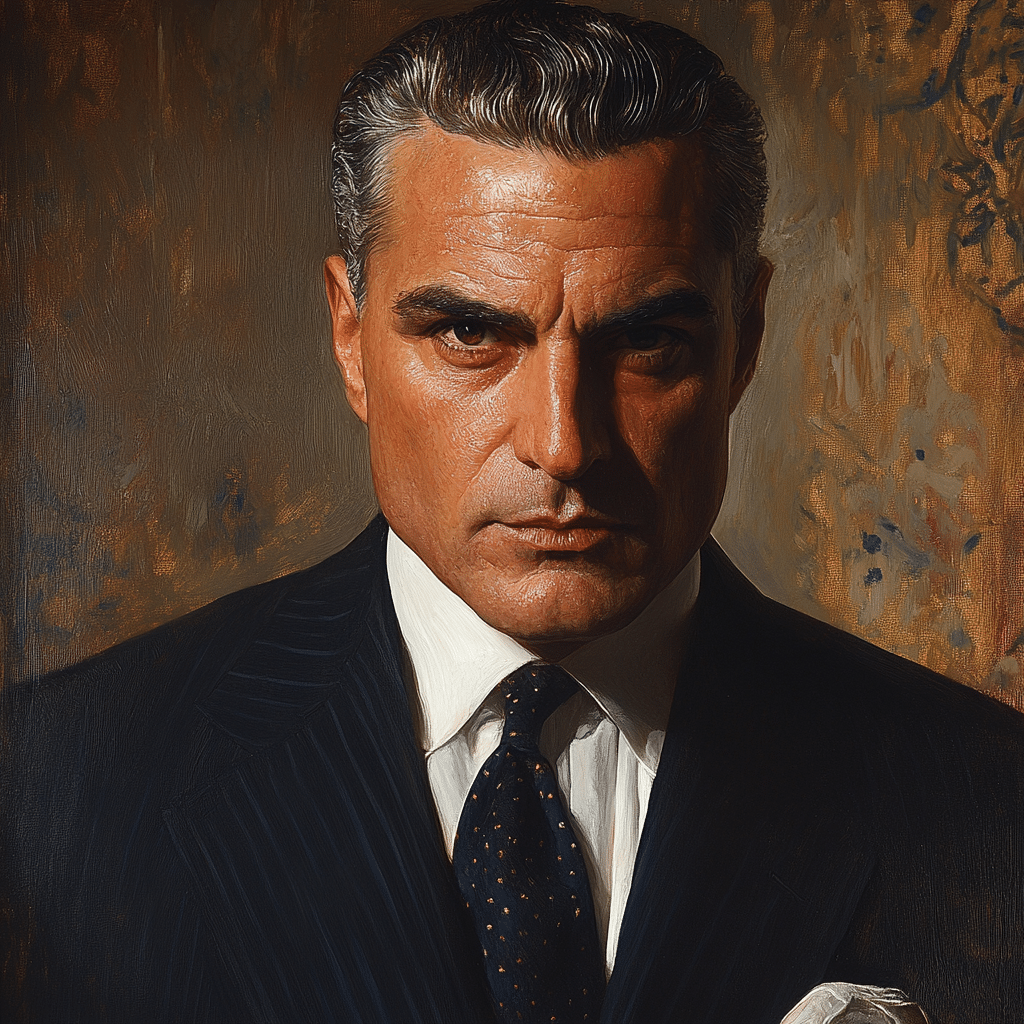
The Impact of Media and Pop Culture on John Gotti Jr
The glamorization of the mafia in media played a crucial role in shaping public perception, and Gotti Jr. was no exception. Through television programs like America’s Most Wanted and various films, the Gotti family was thrust into the cultural zeitgeist, creating a soap opera-like narrative around their lives. John Gotti Jr. became symbolic of both the allure and dangers of organized crime.
This media fascination transformed Gotti Jr. from just a name into a cultural phenomenon. The interplay between reality and dramatization blurred the lines between admiration and condemnation, creating a complex tapestry of opinions regarding the mafia. Celebrity culture often celebrates the very figures society condemns, leading to a twisted form of veneration that complicates the narrative surrounding Gotti Jr.
However, this portrayal often oversimplifies the brutal realities of organized crime. While it may romanticize aspects of the lifestyle, it overlooks the consequential damage inflicted on families and communities. The Gotti story, while bearing elements of intrigue and thrill, is also laced with loss and tragedy—something that media representations frequently sidestep.
Reinvention and Redemption: John Gotti Jr.’s Current Path
Fast forward to 2024, John Gotti Jr. is on a quest for redemption, striving to step away from his father’s legacy. His recent initiatives focus on bringing awareness to the consequences of a life steeped in crime. Engaging with various media platforms and even launching educational projects, he aims to reshape not only his public persona but also the conversation around crime and its effects on society.
His foray into legitimate business ventures reflects a conscious effort to steer away from the shadows and toward opportunities that promote personal growth. Yet, it’s a balancing act as he explores the possibility of self-reinvention while wrestling with the inescapable imprint of his past. The challenges of public perception remain, but Gotti Jr. seems determined to tackle those head-on.
Ultimately, Gotti Jr. recognizes that while his past is part of him, it does not have to script his future. By sharing his story and emphasizing the painful realities of crime, he hopes to deter others from following his path. He is engaged in a full-throttle effort to mold his identity beyond the infamous Gotti name—a daunting yet essential task in his ongoing journey.
The Legacy of John Gotti Jr: A Dual Narrative
In the end, the story of John Gotti Jr. is a complicated tapestry of legacy, identity, and transformation. He embodies the struggle of inheriting a notorious name while fighting for individuality. While the shadows of his family’s past loom large, his present—and what he chooses to do with it—will ultimately define his legacy.
Society often pigeonholes individuals based on their families or actions, but Gotti Jr.’s evolution speaks to a more profound narrative of redemption and self-definition. He stands as a testament to the idea that one’s past, however notorious, doesn’t dictate the possibility of a brighter future. His journey illustrates the intricate dance between heritage and self-determination, a narrative that continues to evolve even today.
In exploring the life of John Gotti Jr., we uncover more than just the tale of a mafia prince. We delve into a complex human experience interwoven with themes of loyalty, betrayal, and the relentless pursuit of identity. His story is a reflection of not just a man but the constant struggle against stigma, an effort to redefine what it means to be a Gotti in modern times.
As we witness Gotti Jr.’s current endeavors, it becomes clear: the legacy he leaves behind may not be bound by crime, but instead, by the choices he makes in pursuit of legitimacy and redemption.
The Fascinating Journey of John Gotti Jr.
Early Days and Family Legacy
John Gotti Jr. isn’t just known for his notorious last name; he grew up surrounded by the gritty world of organized crime. His father, John Gotti Sr., was the infamous “Teflon Don,” a figure so charismatic yet dangerous that he even had a hand in popular culture, influencing films like Sylvester Stallone’s Rocky. If you’ve ever wondered what shaped Gotti Jr.’s ambitions, it might just be his upbringing in this volatile environment. Interestingly, the Gotti family’s life was not without its quirky moments—imagine discussing the Australian currency while seated at a family dinner, blending Mafia tales with global economics!
The Ties That Bind
As he stepped into the family business, John Gotti Jr. operated under the heavy weight of his father’s shadow. Those who follow the Mafia’s history know it’s filled with unexpected twists, kind of like the latest spoilers from The Young and the Restless. Gotti Jr. experienced the pressures of leadership early on, with high stakes and dangerous rivals lurking at every corner. But that didn’t stop him from carving out his own identity. Fun fact: during the height of his involvement, pop-culture icons like Brit Marling were emerging, focusing on storytelling that often featured anti-heroes—a narrative that mirrored parts of Gotti’s life.
A Shift in Perspective
Facing legal battles and the evolution of law enforcement’s tactics, John Gotti Jr.’s journey took a drastic turn. This shift was remarkable, akin to the stunning changes seen in the political landscape, such as the recent Trump-Kamala polls that indicate unpredictable shifts in public sentiment. Gotti Jr. eventually distanced himself from the mafia life, leading to a reinvention that some believe rivals the most famous comebacks in Hollywood. Even the most bizarre headlines in weird news can’t compete with his dramatic life story. Alongside the complexities he faced, figures like Samantha Siqueiros show how people, even from different walks of life, can similarly respond to their pasts. Gotti Jr.s legacy may not be one of traditional success, but it’s undeniably captivating and poignant.
With this multifaceted view of John Gotti Jr., the grandson of grit and glam seems to tell a story that echoes through cultural narratives and societal shifts. His journey reveals insights into family, loyalty, and the struggle for redemption in a world where shadows loom large.
